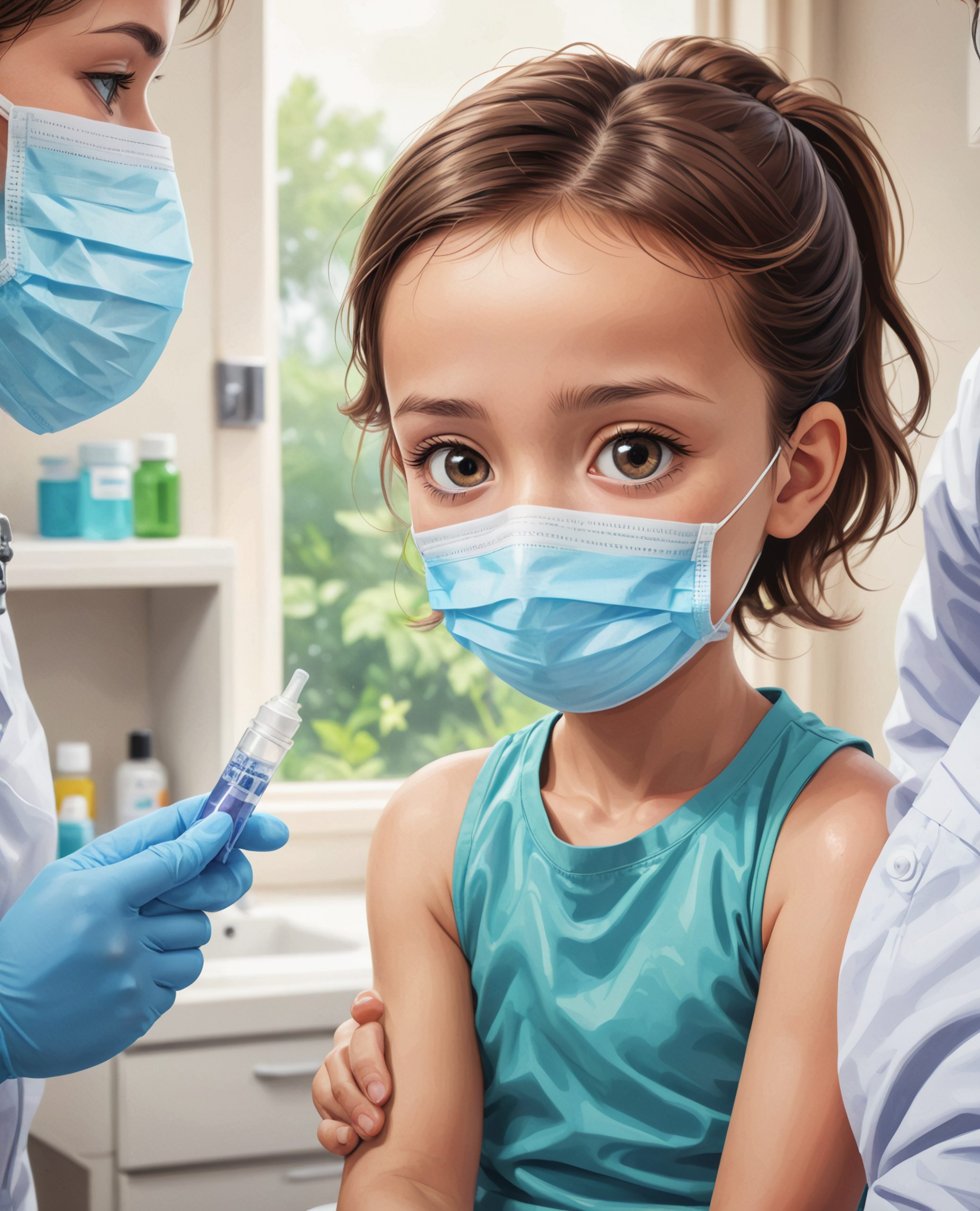The landscape for respiratory syncytial virus (RSV) vaccines has undergone significant changes recently, with the introduction of Moderna’s mRESVIA adding a new dynamic to the competition. However, all three vaccine options now face a potentially reduced market following updated recommendations from the CDC’s Advisory Committee on Immunization Practices (ACIP).
In an unexpected move, the ACIP has revised its guidelines for RSV vaccinations, focusing on a narrower demographic. They unanimously voted to recommend a single lifetime dose of RSV vaccine for adults aged 75 years and older, as well as for those aged 60 to 74 who are at higher risk due to underlying medical conditions. This recommendation aligns with the updated RSV vaccine CPT code for reimbursement purposes.
Previously, RSV vaccination was advised for all adults aged 60 and older after consultation with healthcare providers. Now, individuals aged 75 and above are automatically recommended for the vaccine, while those aged 60 to 74 must meet specific higher-risk criteria, posing a setback for vaccine developers.
The committee’s decision was influenced by recent concerns over a potential link between the RSV vaccines and Guillain-Barré syndrome (GBS), a rare neurological disorder. A preliminary analysis found 23 cases of GBS among approximately 9.5 million older adults who received the vaccine earlier this year. Research into this potential connection is ongoing, including a controlled epidemiological study initiated by GSK in March.
Following the ACIP vote, share prices for RSV vaccine manufacturers declined: GSK by 3.57%, Pfizer by 2.04%, and Moderna by 11% at market close on Wednesday.
Moderna, in particular, faces challenges in catching up with established vaccines like GSK’s Arexvy and Pfizer’s Abrysvo. Arexvy, first approved last year, has dominated the market with a two-thirds share and $227 million in revenue during the first quarter of this year. Pfizer’s Abrysvo reported quarterly sales of $145 million.
The ACIP meeting held in May 2024 played a crucial role in assessing the potential impact of Moderna’s entry, according to Luke Miels from GSK. It triggered a competitive rush to secure contracts before the upcoming RSV season, typically starting in the fall.
While Moderna’s vaccine has yet to launch, longer-term data presented at the ACIP meeting suggests it may face an uphill battle against its competitors. Moderna reported a vaccine efficacy rate of 50% at 18.8 months of follow-up, compared to previous phase 3 results showing an 81% efficacy after 3.7 months.
In contrast, Pfizer’s Abrysvo demonstrated a 78% efficacy at 16.4 months, while GSK’s Arexvy maintained 68% efficacy after 23 months. Analysts at Evercore ISI noted that Arexvy’s efficacy data positions it strongly in supporting its majority market share.
Despite GSK’s market lead, global preferences are not unanimous. The UK government recently opted for Pfizer’s Abrysvo, selecting it to supply 5 million doses over the next two years. Abrysvo is also approved for maternal vaccination to protect newborns.
Looking beyond the RSV vaccine landscape, discussions at the ACIP meeting also touched upon evolving COVID-19 symptoms in 2024, reflecting ongoing updates in COVID-19 ICD-10 coding and considerations for future mask mandates amid fluctuating public health guidance.
CDC immunization advisers vote to shrink recommendations for RSV vaccination



